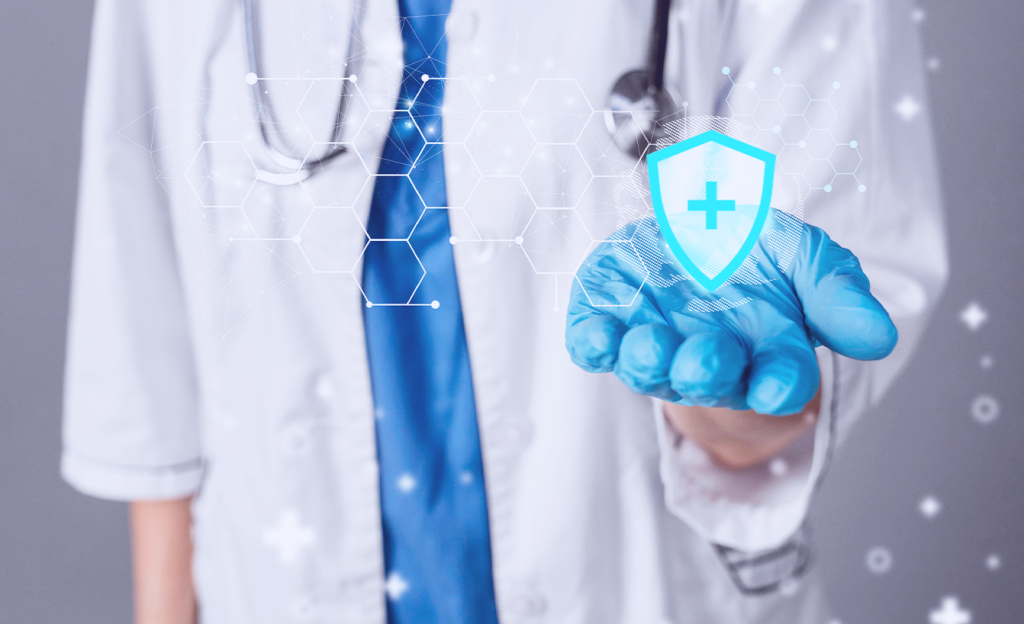FAQs on Safety and Guarantees
General Safety Concerns
-
Is stem cell therapy safe in India?
Yes, when conducted by accredited centers following ICMR (Indian Council of Medical Research) guidelines, stem cell therapy can be considered safe. However, not all providers follow approved protocols. -
Are all stem cell treatments in India regulated?
No. Only stem cell therapies approved for specific indications are regulated by CDSCO (Central Drugs Standard Control Organization) and ICMR. Many “experimental” treatments are unproven and not officially authorized. -
What are the risks of unregulated stem cell clinics in India?
Risks include infection, immune rejection, tumor formation, and poor treatment outcomes. Always verify the clinic’s credentials and licensing. -
Can stem cell therapy cause cancer?
The risk is extremely low when proper protocols are followed, but unregulated or poorly handled cells may carry a small risk of abnormal cell growth. -
Is it safe to use stem cells from donors (allogeneic)?
Yes, if properly screened and matched. Risk of rejection or infection is minimized through strict donor testing and processing.
Regulation and Ethics in India
-
Who oversees stem cell therapy safety in India?
The Indian Council of Medical Research (ICMR) and Central Drugs Standard Control Organization (CDSCO) oversee ethical and scientific practices in stem cell use. -
Are clinics required to register for offering stem cell therapy in India?
Yes. Clinics must follow ICMR guidelines and register with CDSCO for clinical use, especially if using minimally manipulated cells or offering investigational treatments. -
Is informed consent mandatory before undergoing stem cell therapy?
Absolutely. You must be informed about the procedure, benefits, risks, and alternatives before proceeding. -
What should I check before choosing a stem cell clinic in India?
Look for government registration, published research, medical licenses, patient reviews, and transparency in procedure and pricing. -
Are there ethical concerns with embryonic stem cells in India?
Yes. Embryonic stem cell use is highly restricted and requires specific ethical approvals in India.
Guarantees and Success Rates
-
Do clinics in India guarantee results from stem cell therapy?
No responsible clinic will guarantee outcomes, as stem cell therapy is still evolving. Promises of guaranteed cures are a red flag. -
What’s the average success rate of stem cell therapies in India?
Success rates vary depending on the condition treated, patient health, and technique used. Some orthopedic and neurological applications show promising results, but rates are not uniform. -
How soon can I expect results from stem cell treatment?
Results can take weeks to months. Some patients may need multiple sessions or adjunct therapies. -
Will stem cell therapy stop the progression of my disease?
In many cases, it may slow progression or reduce symptoms, but it’s not a guaranteed cure. -
What happens if the treatment doesn’t work?
Responsible clinics offer follow-up and alternative care plans. Refunds are generally not offered, but some clinics may provide adjustments or additional sessions.
Stem Cell Sources and Handling
-
Where do stem cells come from in India?
Sources include bone marrow, adipose tissue, umbilical cord blood, and dental pulp. These may be autologous (from the patient) or allogeneic (from donors). -
Are umbilical cord stem cells safe to use in India?
Yes, if obtained from licensed cord blood banks following strict screening and handling protocols. -
Is it safer to use your own stem cells (autologous)?
Often yes, as it reduces risk of immune reaction. However, the effectiveness depends on your health condition. -
How are stem cells stored and processed in India?
Stem cells should be processed in GMP-certified labs under sterile, quality-controlled environments. Always ask your clinic about their lab standards. -
Are there risks of contamination during stem cell processing?
Yes, which is why processing must follow GMP protocols. Contamination risk is very low at certified centers.
Legal and Medical Guidelines
-
Is stem cell therapy legal in India?
Yes, but only for approved conditions and under clinical trial or therapeutic use as per CDSCO and ICMR. -
Can I sue a clinic if something goes wrong with stem cell therapy?
Yes. You can take legal action under India’s consumer protection and medical negligence laws, especially if there is malpractice or false claims. -
Are there specific conditions approved for stem cell treatment in India?
Yes. Hematopoietic stem cell transplant is approved for blood disorders. Other uses are still considered investigational. -
Do I need a prescription or referral for stem cell treatment in India?
Yes. A qualified physician must assess your eligibility before treatment begins.
Cost, Accessibility, and Alternatives
-
Is stem cell therapy affordable in India?
India offers comparatively affordable treatment, but prices vary widely. Expect $8,000 to $12,000 depending on the condition and number of sessions. -
Is stem cell therapy covered by Indian insurance plans?
Most insurance companies in India do not cover stem cell therapy, unless it’s part of an approved bone marrow transplant. -
Can I enroll in a clinical trial for stem cell therapy in India?
Yes, many reputed institutions offer clinical trials. Check with ICMR or hospitals like AIIMS, PGIMER, or private research facilities. -
Are there safe alternatives to stem cell therapy in India?
Yes. Depending on your condition, options may include physiotherapy, PRP therapy, surgery, or conventional medication. Discuss all alternatives with a specialist.



